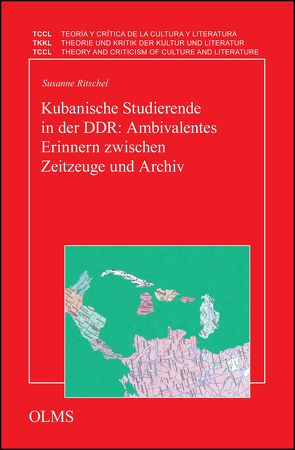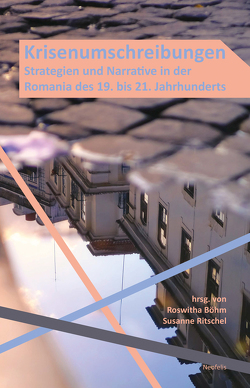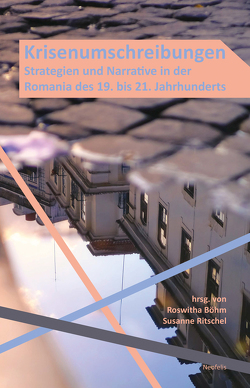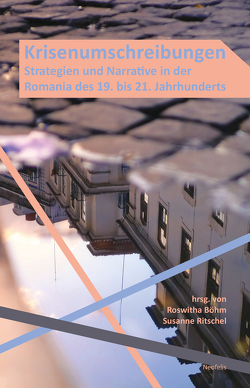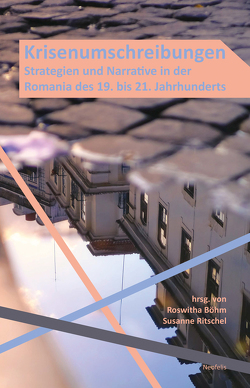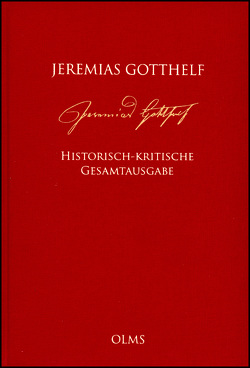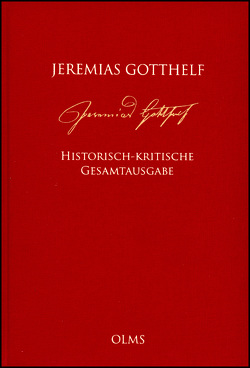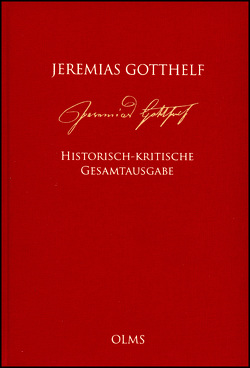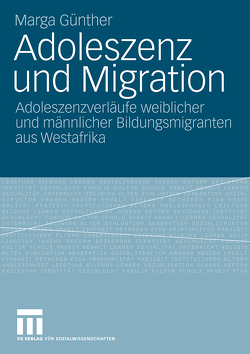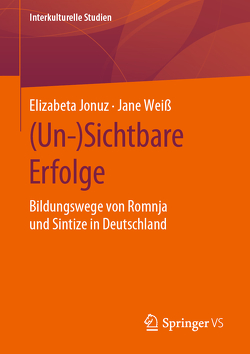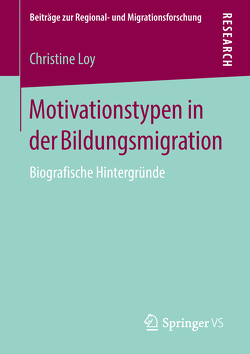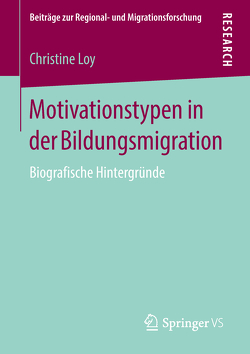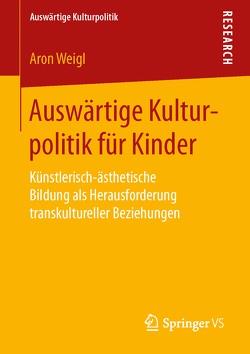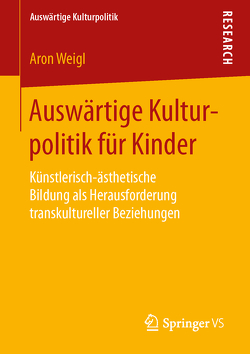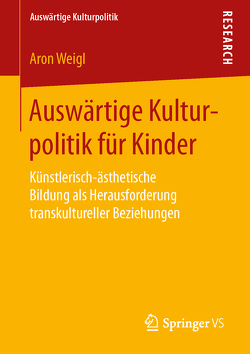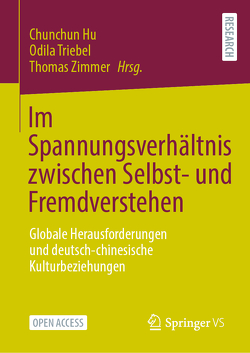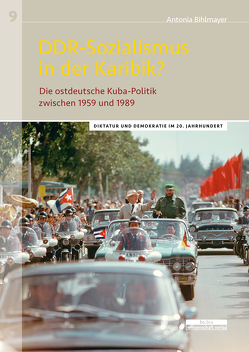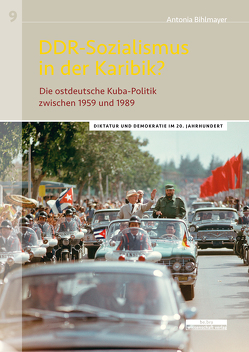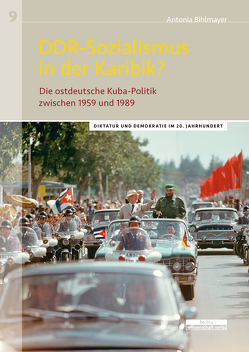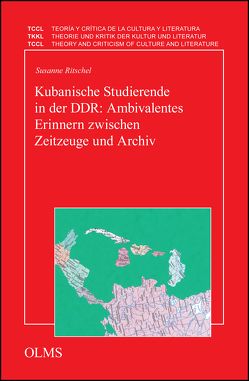Kubanische Studierende in der DDR: Ambivalentes Erinnern zwischen Zeitzeuge und Archiv
Susanne Ritschel
Zwischen 1960 und 1990 wurden junge kubanische Wissenschaftskader zum Studium in die DDR delegiert, um ihrem gesellschaftlichen Auftrag nachzukommen. Ihre Ausbildung an den Universitäten, Hochschulen und Fachhochschulen der DDR bedeutete die Umsetzung der Prinzipien des proletarischen Internationalismus, wobei Hierarchie und Richtung des Wissenstransfers klar vorgegeben waren. Folglich personifizierten jene „forjadores del futuro“ nach ihrer Rückkehr geradezu den sozialistischen Aufbau Kubas.
In der vorliegenden Studie untersucht die Autorin anhand der Instanzen Zeitzeuge und Archiv die konkrete Umsetzung eines geplanten Kulturkontakts im Kontext von Bildungsmigration. In umfangreichen Analysen von Archivdokumenten und Transkripten wird der ambivalente Erinnerungsprozess hinsichtlich Vorbereitung, Durchführung und Nachwirkung dieses Kulturkontakts erschlossen und hinterfragt.****************Between 1960 and 1990 cadres of young Cuban academics were delegated to go and study in East Germany in order to comply with their social contract. Their training at the universities and colleges of the German Democratic Republic represented the implementation of the principles of proletarian internationalism in which hierachies and directions for the transfer of knowledge were clearly prescribed. Consequently, on their return, these ‘forjadores del futuro’ practically personified the socialist structure of Cuba.
The author of this study uses eyewitness accounts and archival material to examine the concrete implementation of a planned cultural contact in the context of educational migration. A comprehensive analysis of archival documents and transcripts helps to define and examine te ambivalent process of memory relating to the preparation, realisation and influence of this cultural contact.
